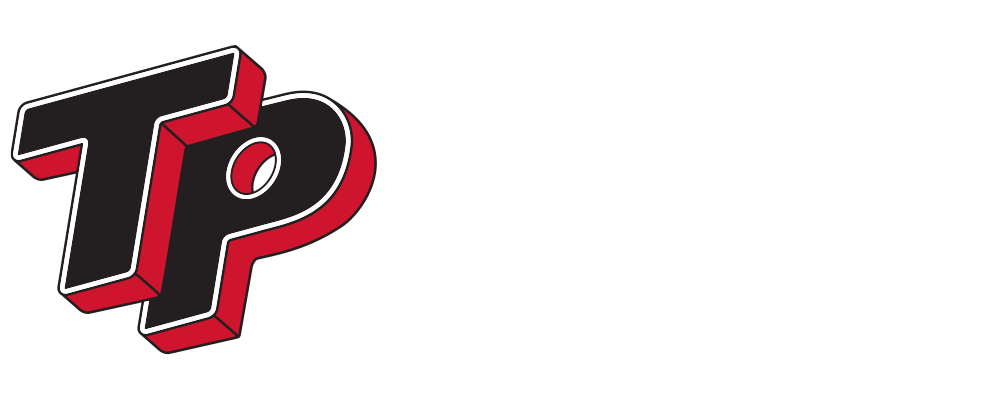“Soft” Skills
Noun: Personal skills that are often interpersonal, non-specialized, and difficult to quantify, such as leadership or responsibility.
Soft skills are the generic and universal skills that enable you to fit in at a workplace. They include your personality, attitude, flexibility, motivation, communication, conflict resolution ability, time management skills, and manners. Soft skills are so important that they are often the reason employers decide whether to keep or promote an employee.
They are a compliment and a foundation for “hard” skills, which can be defined as technical skills that are specific and directly relevant to a job. Hard skills are learned not just through formal education, but through work experience, training, self-learning, and informal education, internships, observing, and listening. Hard skills can be measured through performance and productivity; they are quantifiable, and an indicator of your expertise.
While hard skills are often taught through training or education, soft skills are acquired and honed in youth and most employers assume that soft skills are in place before hiring. Remember the popular book, “All I Really Need to Know I Learned in Kindergarten,” written by R. Fulghum in 2004? The first essay begins with, “Share everything, play fair, don’t hit people, put things back where you found them,” etc. Soft, but important, skills.
In the recreational vehicle business, a very necessary skill is timeliness. Most RV factories start work at 6:00 am, some even earlier, especially in the summer. It takes discipline and determination to get to bed at a reasonable time the night before, get the kids organized for the day, feed the dog, and be out the door in order to arrive on time. The ability to do this consistently is a much valued soft skill.
Preparing with education for a high-powered career is great— but don’t neglect the soft skills that lay the foundation for a successful and happy life.




